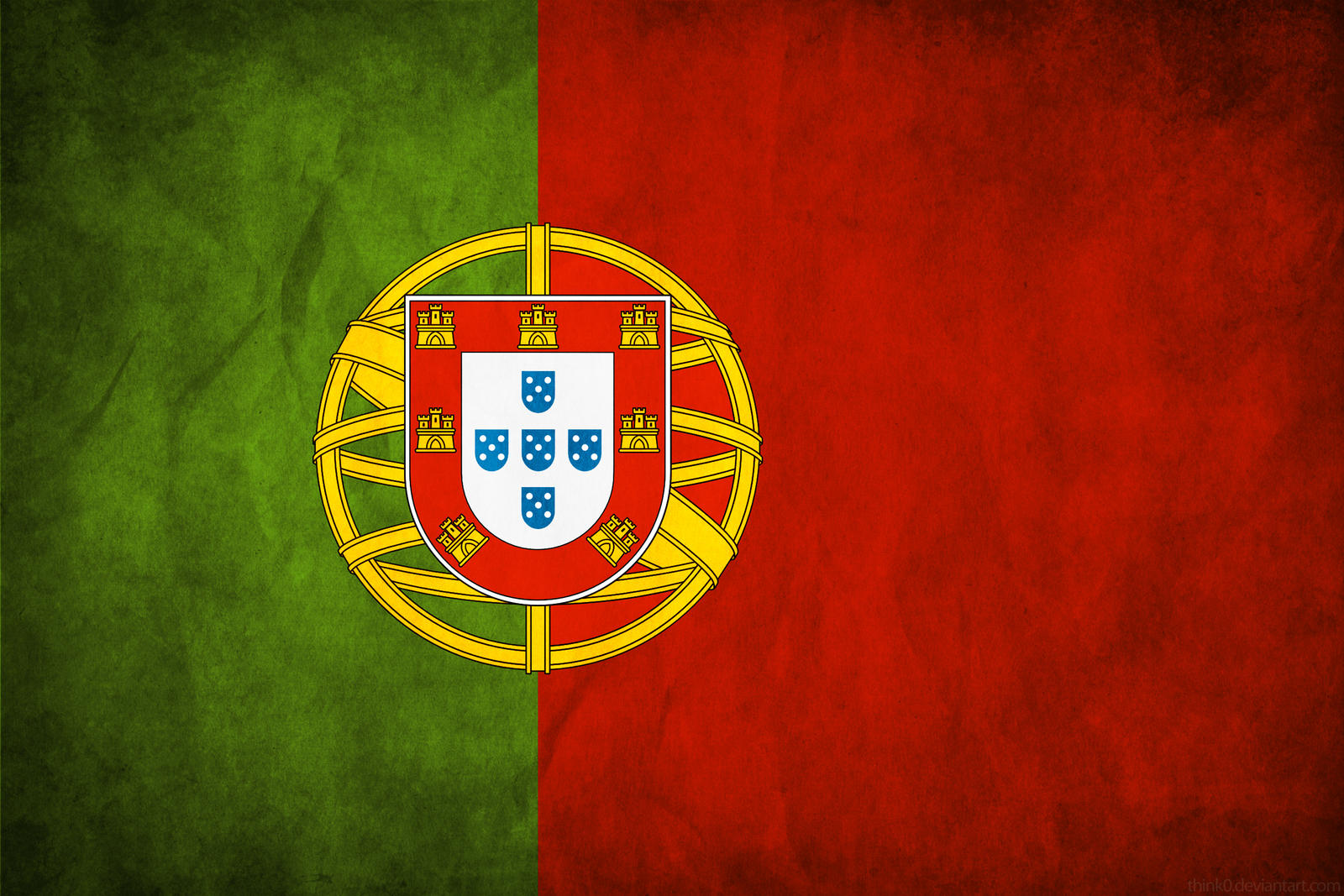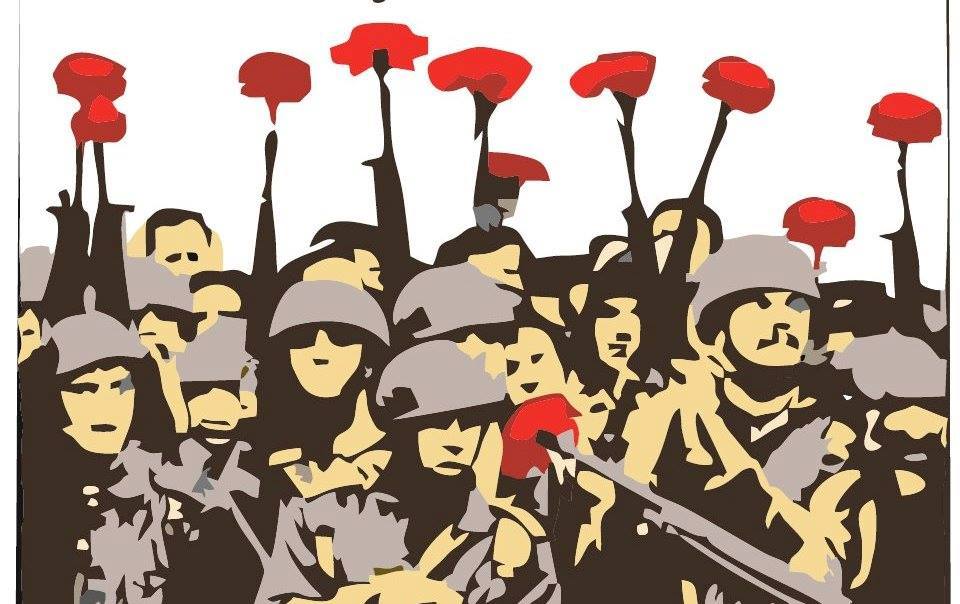1. The Ancient Lusitania
The current area of Portugal was called Lusitania by the Romans in the ancient times.
The Romans named also the city of Porto "Portus Cale" and the name of Portugal derived from Porto which meant a port since Portugal was a port to the world especially in the colonial times.
2. Portugal initiates the Age of Discovery in 1415
The first colony of Portugal was Ceuta in 1415. Henry the Navigator had encouraged his father, the founder of the House of Aviz, King John I to conquer Ceuta. Henry had learnt of the opportunities of the Saharan trade routes and became fascinated about Africa.
So after this Portugal started discovering several islands in the Atlantic like the Azores, Madeira, Cape Verde, they colonized African coast and found a route to India and later found Brazil.
Henry is regarded as the patron of the Portuguese exploration. Later Spain joined Portugal discovering the world and ultimately dividing it with each other before other colonial superpowers emerged in Europe.
3. Iberian Union
After a battle in Marocco in 1580, Portugal was in a succession crisis. The king and his successor had died in the battle and they didn't have any heirs. This was the end of the House of Aviz. So Philip II of Spain reclaimed the throne and became Philip I of Portugal.
Portugal was formally independent but Portugal and Spain were governed by the same king. This era ended in the Portuguese Restoration War where John VI started claimed himself the king and became the first member of the House of Braganca which ruled until 1910.
Dynasties of Portugal
1139-1383 House of Burgundy
1383-1385 Interregnum: no king reigned, civil war
1385-1580 House of Aviz
1580-1640 House of Habsburg, Iberian Union
1640-1910 House of Braganza
 |
| The battle of Ksar-el-Kebir |
4. Treaty of Windsor
The alliance between Portugal and England is the oldest still lasting union in the world. This diplomatic alliance was signed in 1386 when John I of Portugal married Philippa of Lancaster, the daughter of the 1st Duke of Lancaster. This alliance has been beneficial for both of the countries, England helped Portugal in the Napoleon wars and Portugal helped England in the First World War.
It was mainly because of the support of England why Portugal was able to keep its colonies after the 1600s when Holland, France and England became the major players in the global colonization of the world.
5. End of an Empire
The Carnation Revolution in Portugal in 1974 ended the over 500 year-old empire. It was a bloodless military coup started by the Armed Forces Movement who opposed the Estado Novo regime, which Salazar had established. The name comes from the fact that carnations where put into guns and into the uniforms of the army.
Nearly no shots were fired during the coup. As a result all the Portuguese colonies got independence in 1974 or 1975. The Portuguese colonies had started fighting for freedom already after the 1950s and 1960s. Portugal was the first and longest lasting colonial power.
Portuguese Empire landmarks
1415 Conquest of Ceuta
1498 Sea route to India
1500 Discovery of Brazil
1509-1589 Ottoman-Portuguese conflicts
1580-1640 Iberian Union
1585-1604 Anglo-Spanish War
1588-1654 Dutch-Portuguese War
1640-1668 Restoration War
1822 Brazilian independence
1961 Loss of Indian provinces
1961-1974 Portuguese colonial War
1974-1975 Carnation Revolution
1999 Handover of Macau
Portugal is famous for
Timeline
5000 BC Iberian tribes inhabit the area
100 BC The Romans name the area Lusitania
300 Christianity spreads to Portugal, Latin gets mixed up with the local languages and so the Portuguese language developes
400s Germanic tribes conquer the Iberian Peninsula
711 Islam spreads to the Iberian Peninsula
1000s The Moor Empire starts to crumble
1143 Afonso Henriques becomes the emperor of the independent Portugal
1297 Castile recognizes Portugal's borders, which have stayed the same until this day
1415 Portugal starts the European exploration of the world as the first country
1500 Pedro Cabral discovers Brazil
1521 Portugal has reached Southeast Asia and China, it's the richest nation in Europe
1580 Portugal looses its sovereignity after the House of Aviz dies and Spain starts governing Portugal
1600s Holland, England an France become the leading maritime nations, Portugal keeps its colonies with the help of England
1807 Napoleon conquers Portugal, England helps Portugal to get over the French occupation
1910 The last ruler of the Braganca dynasty is overthrown, Portugal becomes a republic
1926 Antonio de Oliveira Salazar into power, he establishes the "Estado Novo", right-wing dictatorship
1968 Marcelo Caetano replaces Salazar as the leader
1974 Bloodless military coup in Lisbon
1975 The Portuguese colonies become independent
1986 Portual joins the European Economic Community
Sources:
http://en.wikipedia.org/wiki/Portuguese_Empire
http://en.wikipedia.org/wiki/Anglo-Portuguese_Alliance
http://en.wikipedia.org/wiki/Carnation_Revolution
http://en.wikipedia.org/wiki/Portugal
Maailman liput maat ja historia - Kimmo Kiljunen








No comments:
Post a Comment